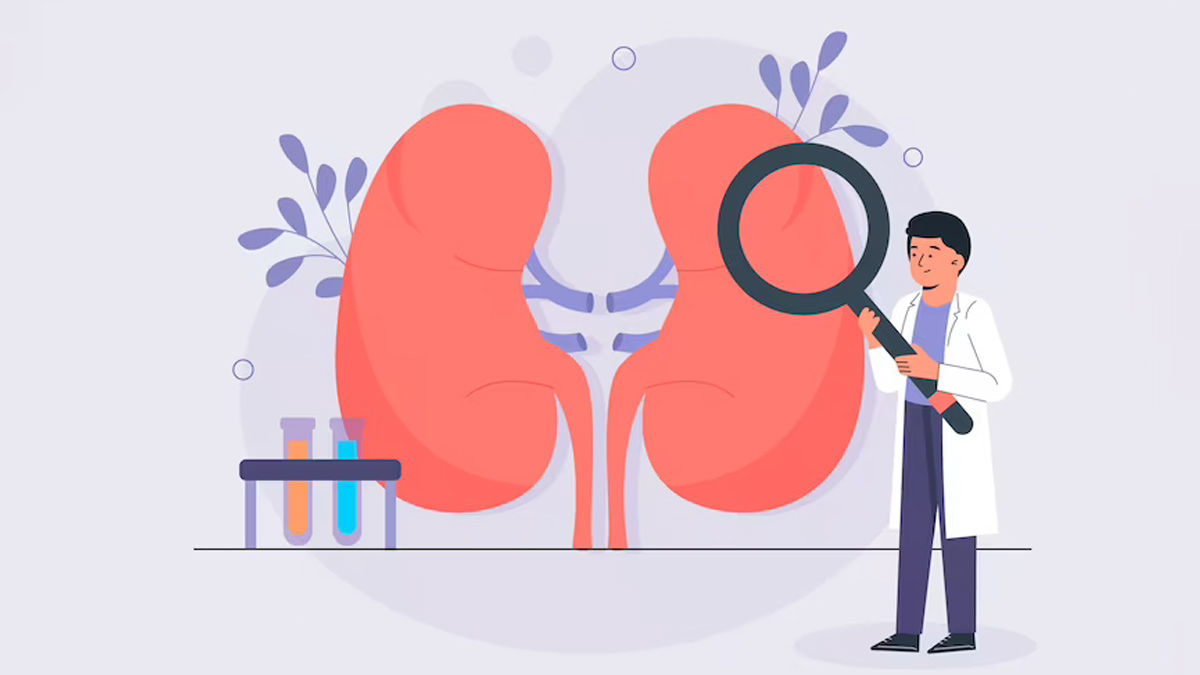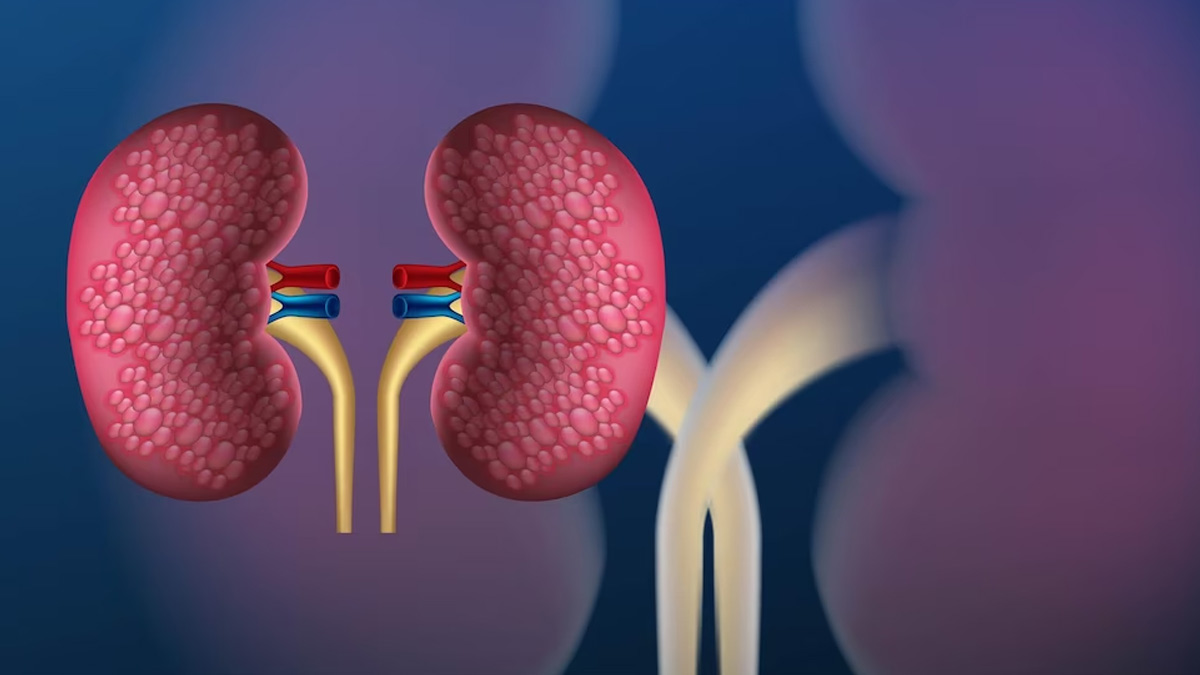
As we all know the role of kidneys is to filter wastes and excess fluids from your blood, which are then excreted in your urine. When your kidneys lose their filtering abilities, dangerous levels of fluid, electrolytes and wastes can build up in your body. There are a lot of kidney disorders that are permanent, chronic and progressive, which means they worsen over time and cannot be reversed. However, some conditions, if detected and treated early, may be reversible or managed. These disorders frequently include acute kidney injury or certain types of renal damage that respond well to treatment.
Table of Content:-
1. Acute Kidney Injury (AKI)
According to the National Kidney Foundation, acute kidney injury is a sudden and often reversible loss of kidney function, usually occurring over a few hours or days. Common causes include dehydration, severe infection, decreased blood flow to the kidneys, certain medications, and urinary tract obstruction. If the cause is identified and treated promptly, kidney function may recover fully or partially.

Also read: From Cranberries To Apples, Here Are Some Fruits For Kidney Health
2. Glomerulonephritis
Glomerulonephritis refers to inflammation of the glomeruli, the tiny filtering units in the kidneys. It can be acute or chronic and may result from infections, autoimmune diseases, or other underlying conditions.
Depending on the cause and severity, glomerulonephritis may be reversible with appropriate treatment, such as antibiotics for infections or immunosuppressive medications for autoimmune conditions.
3. Drug-Induced Kidney Injury
As per the International Journal of Nephrology and Renovascular Disease, certain medications, particularly nonsteroidal anti-inflammatory drugs (NSAIDs), antibiotics, and contrast agents used in medical imaging, can cause kidney damage.
If detected early, stopping the offending medication and providing supportive care may allow the kidneys to recover.
4. Urinary Tract Obstruction
Obstructions in the urinary tract, such as kidney stones, tumours, or enlarged prostate glands, can disrupt urine flow and lead to kidney damage. There is a need for prompt intervention to remove the obstruction can prevent further injury and allow the kidneys to recover function.
5. Hypertensive Nephropathy
Hypertensive nephropathy refers to kidney damage caused by high blood pressure. Controlling blood pressure through lifestyle modifications and medications can slow or halt the progression of kidney damage and, in some cases, improve kidney function.

6. Diabetic Nephropathy (in Early Stages)
In the early stages of diabetic nephropathy, strict control of blood sugar levels and blood pressure, along with lifestyle changes and medications, can help slow or prevent further kidney damage. In some cases, kidney function may improve with intensive management of diabetes and its complications.
While many kidney diseases are chronic and irreversible, prompt diagnosis and appropriate treatment can sometimes reverse or mitigate kidney damage, particularly in cases of acute kidney injury or certain underlying conditions.
Also read: Diabetes May Cause Kidney Disease: Expert Explains Their Connection And Lists Lifestyle Tips
Early detection, regular monitoring, and adherence to treatment plans are essential for optimising outcomes and preserving kidney function. If you suspect you have kidney disease or are at risk, it's crucial to consult with a healthcare provider for evaluation and personalised management.
Also watch this video
How we keep this article up to date:
We work with experts and keep a close eye on the latest in health and wellness. Whenever there is a new research or helpful information, we update our articles with accurate and useful advice.
Current Version